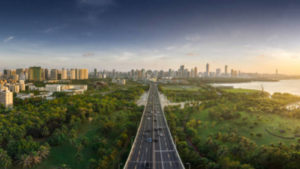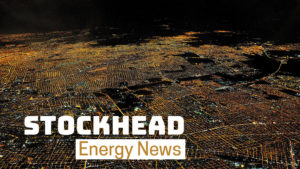Leigh Creek’s syngas plant is working, but they’ve still not hit the crucial target

Pic: Vertigo3d / E+ via Getty Images
Synthetic gas producer Leigh Creek says its pilot plant has been running for a solid 89 days, and managed to deliver 13 days worth of high quality gas.
But it’s still waiting for the plant to deliver commercial quantities of gas, a point which will mark the start of a 90-day trial.
Leigh Creek is testing a pilot plant which converts underground coal into gas, which it plans to turn into products like fertiliser. It had first gas from the plant in October.
The company says it’s now producing all of the gases needed to make ammonia and urea, which are widely used as fertilisers.
The capacity, cost, and delivery schedule for a full commercial plant won’t be decided until after the 90-day pilot trial is finished.
- Subscribe to our daily newsletter
- Bookmark this link for small cap news
- Join our small cap Facebook group
- Follow us on Facebook or Twitter
High gas prices on the East Coast, caused by local prices rising to match international ones following the commissioning of the three LNG export terminals in Queensland, are causing problems for fertiliser makers.
Companies such as fertiliser and explosives maker Incitec Pivot (ASX:IPL) are now complaining loudly that they can’t survive with gas prices that follow international rates.
Leigh Creek reckons it can skirt this issue by making synthetic gas, albeit by building an expensive, high tech plant to do so.
“The process of achieving commercial quality of syngas production is a statement to the industry and our stakeholders that the technical risks of operating in-situ gasifiers at the Leigh Creek site have been drastically lowered,” said Leigh Creek managing director Phil Staveley.
“Once we achieve commercial rates of gas flow and associated data we will look forward to providing further detail on the pathway to commercialisation.”
Another cap raise
But investors in the high tech gas maker were looking at other news, namely the $3.86m capital raising for retail shareholders that kicked in today.
The company is tapping investors for a total of $5.14m with shares priced at 12c to give it capital to keep the project afloat.
Leigh Creek (ASX:LCK) stock rose 4 per cent to 12c on Tuesday morning.
The company asked for, and was given, $11.7m in June and July last year.
UNLOCK INSIGHTS
Discover the untold stories of emerging ASX stocks.
Daily news and expert analysis, it's free to subscribe.
By proceeding, you confirm you understand that we handle personal information in accordance with our Privacy Policy.








